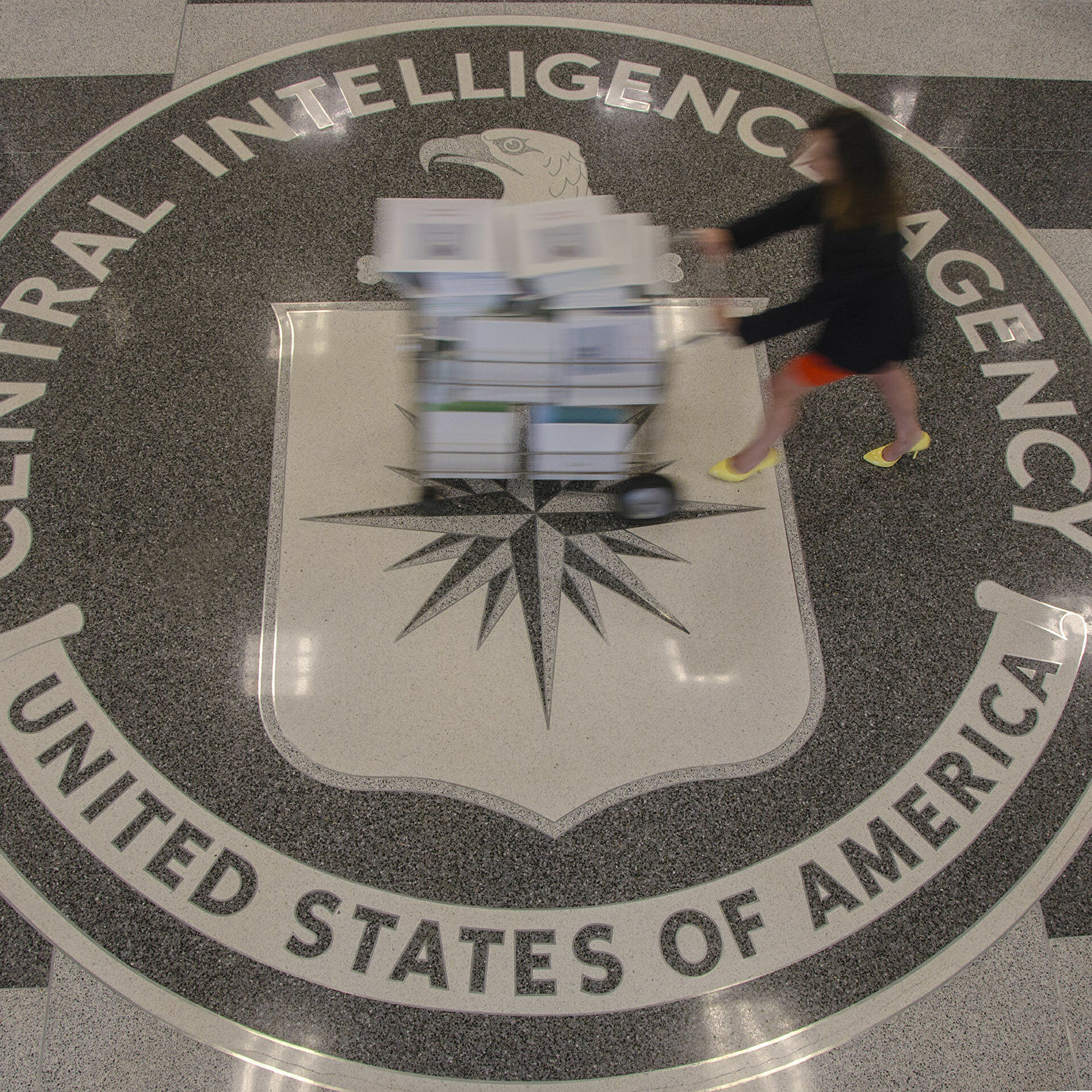Ilya Tsukanov
January 25, 2022
-Sputnik
According to the German newspaper, the new sanctions would target Russian commodities and weapons exports, with the total economic damage from the restrictions expected to reach the equivalent of up to $50 billion. Diplomatic contacts would also be reduced as part of the restrictions.
“The US and the West… want to attack Russia’s role as the world’s largest supplier of raw materials,” Bild summarises.
According to Bild’s sources, Blinken has made the sanctions plan “clear” to America’s allies, with the restrictions aimed at “blocking Russian trade routes around the world,” “blocking supply routes” used by Moscow, and ensuring “a sharp reduction in the staff of Russian embassies in Western countries.”
Sanctions to Target Russian ‘Strategic Ambitions’
In a related development, an unnamed US official told reporters on Tuesday that a Russian “invasion” of Ukraine would result in restrictions on the sale of US high tech goods using export controls. Sanctions would also target Russia’s defence sector, the aerospace industry, AI and quantum computing technology, and other tech contributing to “Russian strategic ambitions,” the official said in a telephone briefing.
The new details on potential sanctions follow President Joe Biden’s warning last week that his Russian counterpart Vladimir Putin would see sanctions unlike any he has seen before if tensions were to escalate over Ukraine. Biden stressed that Russia would be made to suffer the consequences if it “further invade[d]” Ukraine.
Biden’s remarks were followed by the introduction of a bill in Congress by Republican Representative Jim Banks proposing the targeting Nord Stream 2 and organisations related to the project, and recommending prohibitions against the purchase of Russian sovereign debt by US persons and entities. The bill also seeks to have Russia be declared a “state sponsor of terrorism” and to list the “Russian-backed” forces in the Donbass as “terrorists.” Finally, the bill, if passed, would require that Washington halt its cybersecurity dialogue with Moscow, and limit negotiations on strategic stability until Russia ends its “occupation” of Crimea.
The Ukraine crisis began in February 2014, when US and European Union-backed forces toppled the democratically elected Yanukovych government in a coup after it attempted to pivot away from European integration in favour of the Russian-led Eurasian Economic Union. The coup prompted authorities in Crimea to organize a referendum to break off from Ukraine and rejoin Russia, and sparked a civil war in Ukraine’s Donbass region after Kiev sent troops to try to crush local pro-independence forces by force. The West blamed Moscow for the crisis.
In the spring of 2021 and then again in the fall and winter of 2021-2022, Western officials have accused Russia of building up troops on the border with Ukraine, supposedly in preparation for an invasion. Russia has dismissed these claims and warned that the West may be artificially ratcheting up tensions to egg on Kiev to try to resolve the conflict in the Donbass by force.




